Kashmiri Pandits are refugees who have been subjected to genocide and ethnic cleansing but have been ignored by their own country.
The Mughal Emperor Jahangir is purported to have said: “If there is heaven on earth, it is here, it is here.” For Kashmiri Pandits, the original inhabitants of the valley, Kashmir has been anything but heaven in recent years. Persecuted by extreme Islamists and deserted by their own countrymen, they have fled Kashmir and live in squalor elsewhere in the country.
Step Back in Time
The Kashmir valley was first inhabited around 2000 BC. Its first inhabitants were followers of the Shaivite branch of Hinduism. They were masterful architects with an eye for beauty. Francis Younghusband’s description of the ruins of the Martanda temple sums up the architectural achievements of the Kashmiris: “The temple is built on the most sublime site occupied by any building in the world — finer than the site of Parthenon, or of the Taj or of St. Peters. It is second only to the Egyptians in massiveness and strength and to the Greeks in elegance and grace.”
The initial blow to Kashmir’s tranquility was struck in 1320 as the Mongol hordes pillaged the valley, which in the words of Jonaraja, “became like a region before creation.”Then Islam arrived in the form of Sultan Sikandar (1389-1413 A.D), whose penchant for destroying temples and idols earned him the name But-Shikhan (the destroyer of idols). Sikandar imposed Jizya, the religious tax on non-Muslims, and mercilessly converted Hindus to Islam.
Mughal Emperor Aurangzeb’s (1618-1707 AD) fanaticism was a throwback to the days of Sultan Sikandar. The forced conversion of the Kashmiri Pandits compelled them to approach the ninth Sikh Guru, Tegh Bahadur for succor. Tegh Bahadur advised them to inform the emperor that the Pandits would embrace Islam voluntarily, if he could convert the Guru. Aurangzeb failed to do so despite torturing Tegh Bahadur who chose martyrdom over conversion to Islam.
Islam did not come to Kashmir via the sword. Mystical Sufis with their simplicity, austerity and piety did more to spread Islam in the valley than the fanatics. The Sufi order was spread by the preachers who came from Persia and Central Asia. They combined their Sufi traditions with local traditions of the Rishi order. The syncretism of the mystical Sufis along with the existing Shaivite influence gave Kashmir its uniquely pluralistic character.
It was the religious pluralism which made Kashmir a trophy for newly formed India and Pakistan after the bloody partition of British India in 1947. For India, apart from its geostrategic importance, Kashmir held the allure of disproving Jinnah’s “two nation” theory. The merger of a Muslim dominated Kashmir into India would have belied Jinnah’s claim of being the sole savior of Muslims. Pakistan desired the control of Kashmir to confirm Jinnah’s ideology of the Muslims being victims of persecution in a Hindu dominated India.
Maharaja Hari Singh, the Dogra ruler of Kashmir, was at the same time flirting with the idea of independence. Pakistan sent its troops disguised as tribals accompanied by the Afridi and Mahsud tribesmen into Kashmir. The ferocity of the attack compelled the Maharaja to accede to India on October 26, 1947. The Indian troops managed to drive back the Pakistani forces despite being outnumbered.
Blunders by Nehru
Prime Minister Jawaharlal Nehru then made the first in a series of historic blunders. Instead of militarily reclaiming the land illegally occupied by Pakistan, Nehru, deceived by British chicanery, took the matter to the United Nations on January 1, 1948. The matter got enmeshed in the Cold War politics and became a permanent item on the agenda of the UN. What was achieved after great sacrifices of Indian soldiers was lost on the checkerboard of international politics. India and Pakistan have since fought three more wars over the issue. A “jihad” industry has flourished in Pakistan with the multitude of state sponsored jihadists vowing to liberate Kashmir from the Indian “infidel.” Pakistan itself has fallen prey to terrorism in its futile bid to promote the “good terrorist” who fought for the cause of Kashmir.
Nehru’s biggest blunder was incorporating a temporary provision of Article 370 in the Constitution of India. Strangely, the provision was not a condition put forth by the Maharaja when he signed the Instrument of Accession. It was incorporated into the constitution on the insistence of the Government of India, which desired that the article cater to the interim period till the Instrument of Accession was ratified by the Constituent Assembly of Jammu & Kashmir (J&K). Article 370 provides that in addition to defense, foreign affairs and communication, the parliament can make law applicable to the state, only with the concurrence of the state government.
All the princely states which acceded to India after independence signed the same Instrument of Accession. Ironically, none was given this special facility. Consequently, J&K has a separate constitution, which no other state in India has. A majority of the laws in the country are therefore not applicable in J&K. The constitution of the state does not permit Indian citizens who are not residents of the state to settle down or purchase property there.
Article 370, which was created as a temporary provision in the constitution has become a permanent fixture, with no political party gathering the will to handle the political hot cake. Even the Bharatiya Janata Party (BJP), which has been a strident critic of this Article, kept the issue on the backburner as a compulsion of coalition politics. Incidentally, the political establishment has deliberately ignored the fact that the Constituent Assembly of J&K ratified the accession of the state in 1956, making the provision in fructuous. As is the wont with politicians, national interest has played second fiddle to political ambitions.
Article 370 has become the single reason why the people of Kashmir could not get integrated into the mainstream of Indian democracy. Immunity from various laws of the Indian constitution like the Wealth Tax and Gift Tax, has permitted the political class to indulge in nepotism and rapacious governance. A virtual oligarchy has been created in the state. The oligarchs have given Article 370 populist appeal by tying it to an autonomous Kashmiri identity, while using it as cover to indulge in a massive loot of the natural and financial resources of the state.
An Anti-Indian Feeling
In a bid to divert attention from their egregious governance, the political class, perhaps drawing inspiration from Marx’s dictum of “religion as the opium of masses,” channelized the energy of the people towards religion. Maktabs (religious schools) were established all over Kashmir, ostensibly for teaching Islamic religious scriptures to the youth. In reality, these maktabs indoctrinated the impressionable youth with venomous anti-India agenda. The youth, which was disillusioned with the political system and held the Indian government in contempt for imposing the oligarchs on them, provided fertile breeding ground for proliferation of an anti-India propaganda sponsored by the notorious Inter Service Intelligence (ISI) of Pakistan. Thousands of youth crossed over to Pakistan to get indoctrinated by the vituperative sermons and receive arms training in the ISI camps.
The signs of an anti-India atmosphere were visible from the early 1980s. In 1983, in a cricket match in Srinagar, the Indian team which had just won the Cricket World Cup in England was heckled and shown black flags. The Government of India, however, decided to play the ostrich in the sand. As a precursor of what was to follow, Hindu temples were desecrated and property of the Kashmiri Pandits was looted in the Anantnag district in 1986. Subsequently, any protest triggered over issues unrelated to control by India, such as the death of President Zia-ul-Haq in Pakistan or the protest over Salman Rushdie’s Satanic Verses, invariably resulted in targeting of Kashmiri Pandits who lost lives and property during the course of such protests.
Because of their Hindu religion, Kashmiri Pandits became the symbol of the reviled Indian democracy. With Pakistan openly supporting them and the Indian establishment caught like a deer in headlights, Islamist terrorists gradually gained ascendancy. In November, 1989, terrorists assassinated N.K. Ganjoo, a judge, in Srinagar. Ganjoo had sentenced the terrorist Maqbool Bhat to death. In February 1990, Lassa Kaul, director general of Doordarshan, India’s state owned television channel, was killed in cold blood outside his house in Srinagar. Between September 1989 and February 1990, around 2,000 Kashmiri Pandits were killed in the valley. Thousands were maimed for life and their property was seized.
Refugees in Their Own Country
The dithering Indian response emboldened Islamist terrorists. Mosques utilized loudspeakers to threaten the Kashmiri Pandits to leave their homes or face death. With the police unwilling to save them, the Kashmiri Pandits became a victim of the pusillanimity exhibited by the Indian political system. The Pandits were mutilated, shot, and their bodies not permitted to be cremated. Women were kidnapped and raped. Terrorists hung notices in public places ordering them to leave the valley. The judiciary refused to pass sentences against Islamist terrorists and the police was too intimidated to take them on. State owned media exacerbated communal tensions by broadcasting footage of funeral processions of terrorists eliminated by the Indian army. These processions entailed jihadi sloganeering and enraged Islamist terrorists who retaliated by unleashing their wrath on Kashmiri Pandits. Even the newspapers started singing to the tune of the terrorists. The Daily Alsafa published an ultimatum on April 14, 1990, giving the Kashmiri Pandits two days to leave the valley or face retribution and death. It was ethnic cleansing and genocide that went unnoticed in India, leave aside the rest of the world.
Kashmir’s Shaiva-Sufi-Rishi syncretism came to an end. Kashmiri Pandits, betrayed by their own leaders, were compelled to leave their land. Over 300,000 became refugees in their own country. The educated and affluent community was reduced to penury. What they had perceived as a temporary migration became permanent. The property that they had left behind was either burnt down or occupied. The jobs which they had been compelled to leave were filled in by appointments of Kashmiri Muslims. A few Kashmiri Pandits who decided to stay back were killed as the valley stood silent.
The migration of the Kashmiri Pandits is unmatched in the annals of history. Nowhere in the world has a religious group been forced to become refugees in a country where they form a majority. The Government of India has been in complete denial over the fate of Kashmiri Pandits. They have been forced to survive in inhuman conditions in various cities of India with 20-25 people sharing a room. Lack of education and employment opportunities have only exacerbated their grim situation.
The indifference of the nation towards plight of Kashmiri Pandits has been shocking. Since they do not constitute a vote bank, India’s political establishment has disowned them. Oligarchs still control the political system in the state of Jammu & Kashmir. Perpetrators of ethnic cleansing of 1990s, like Yasin Malik, are today the poster boys of India’s elite chattering classes. For Kashmiri Pandits, justice has not only been delayed, it has been denied.
The views expressed in this article are the author’s own and do not necessarily reflect Fair Observer’s editorial policy.
Image: Copyright © Shutterstock. All Rights Reserved
Support Fair Observer
We rely on your support for our independence, diversity and quality.
For more than 10 years, Fair Observer has been free, fair and independent. No billionaire owns us, no advertisers control us. We are a reader-supported nonprofit. Unlike many other publications, we keep our content free for readers regardless of where they live or whether they can afford to pay. We have no paywalls and no ads.
In the post-truth era of fake news, echo chambers and filter bubbles, we publish a plurality of perspectives from around the world. Anyone can publish with us, but everyone goes through a rigorous editorial process. So, you get fact-checked, well-reasoned content instead of noise.
We publish 2,500+ voices from 90+ countries. We also conduct education and training programs
on subjects ranging from digital media and journalism to writing and critical thinking. This
doesn’t come cheap. Servers, editors, trainers and web developers cost
money.
Please consider supporting us on a regular basis as a recurring donor or a
sustaining member.
Will you support FO’s journalism?
We rely on your support for our independence, diversity and quality.




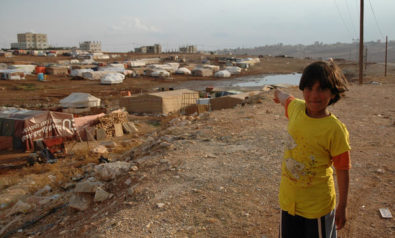
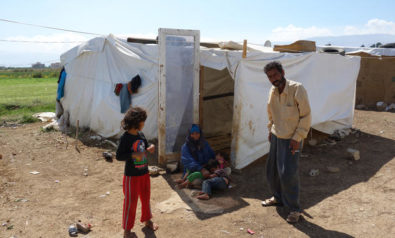
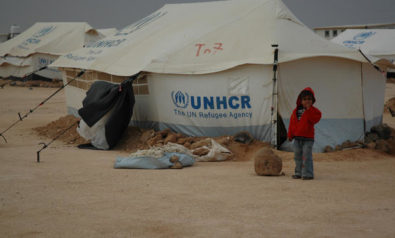

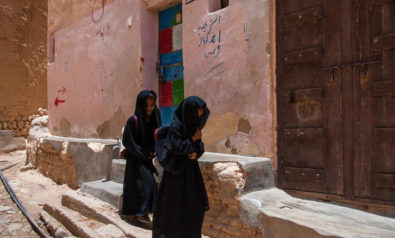

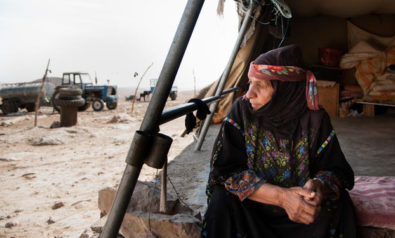




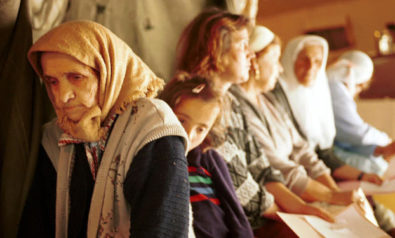
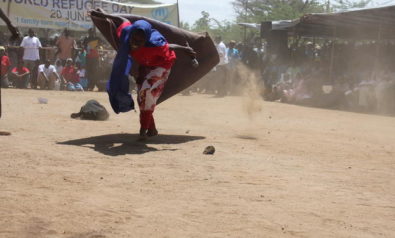
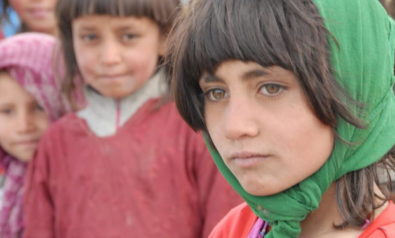

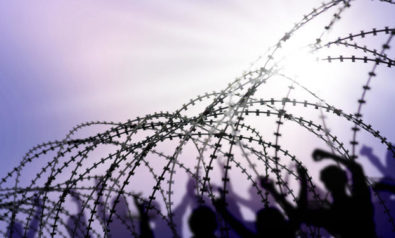
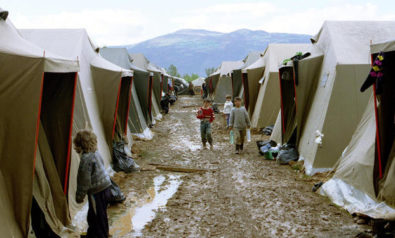
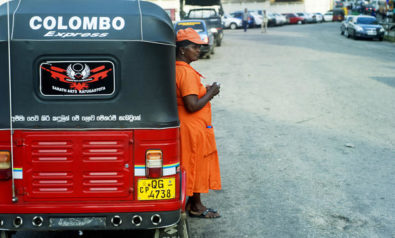



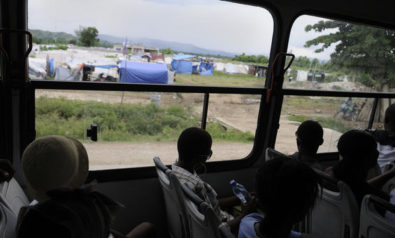
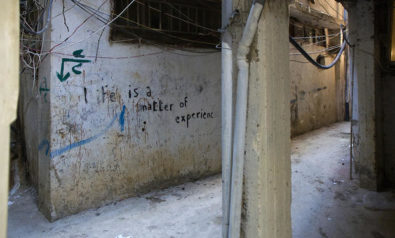

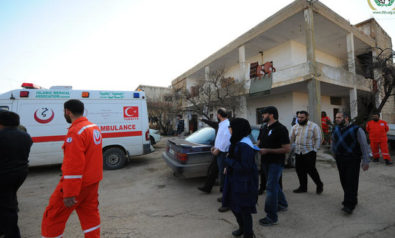

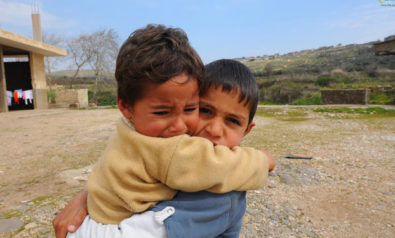
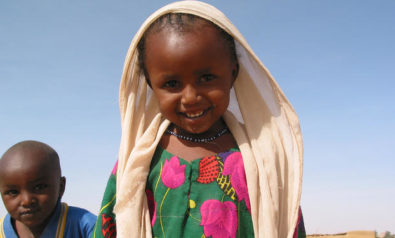

Comment